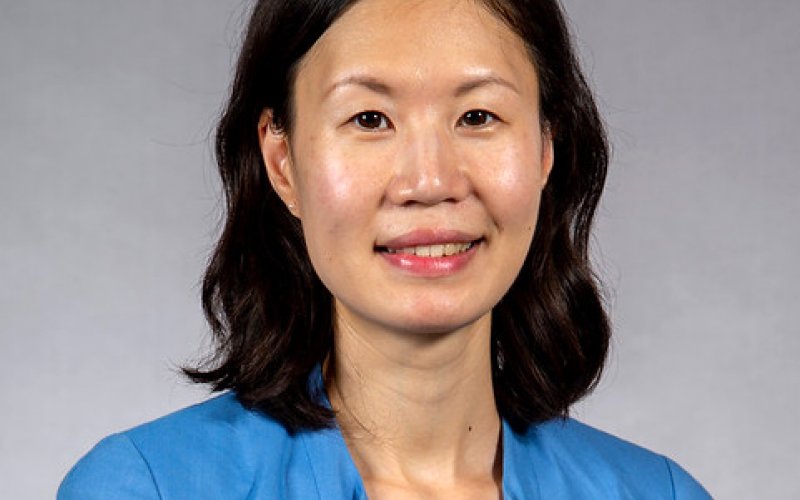Creating Community

What do you envision when you think about a perfect community? Fresh air, nice landscape, busy markets, smiles on people’s faces as they greet their neighbors? Creating a vibrant community is an exciting dream for many of us, and yet it is not easy to actually make it happen, even when investments are made.
Assistant Professor, Wonhyung Lee, with her background in social work and urban planning, enjoys thinking about the impact on community dynamics when places are revitalized. “Some people might use different words to describe the same situation, such as redevelopment, improvement, or even gentrification,” said Lee. “Regardless of the terminology, the assumption is that a positive change is happening in the neighborhood while overlooking the reality that some groups may be marginalized if not excluded altogether in the process.”
She began her research by looking at efforts to improve the climate for local businesses in low-income, multiethnic neighborhoods in Los Angeles. She wanted to know why some neighborhoods do better than others in pursuing collective action for the common good. During her field research, Lee noticed how easy it is to forget to communicate with people in the shadows, for example, those with language barriers or who are considered “nuisances” by others in the community. At the same time, Lee witnessed firsthand the value of grassroots organizing and the effects of embracing diverse groups within a community. “To bring everyone to the table, information and messages must be shared in a way that gains trust and seeks a win-win option. I have seen awesome partnerships between business communities and social work/social profit organizations that serve the common good. It is always inspiring to see the ripple effects when a handful of people with a collaborative mindset eventually move the bigger community to join in the effort.” Publications based on this research is available at “The Formation of Business Improvement Districts in Low-Income Immigrant Neighborhoods of Los Angeles (2016),” “Downtown Management and Homelessness: The Versatile Roles of Business Improvement Districts” (2018).
Dr. Lee has continued this line of research in Albany, focusing on local community development opportunities. Lee is examining the borrowing opportunities available for microbusiness owners, the access points for getting healthy food in low-income neighborhoods, the integrative resettlement processes for refugee populations, and the development of technologies that can help people search for services and volunteer opportunities in Albany. “I am excited to continue exploring my questions and getting to know more people who desire to create vibrant communities,” said Dr. Lee.


